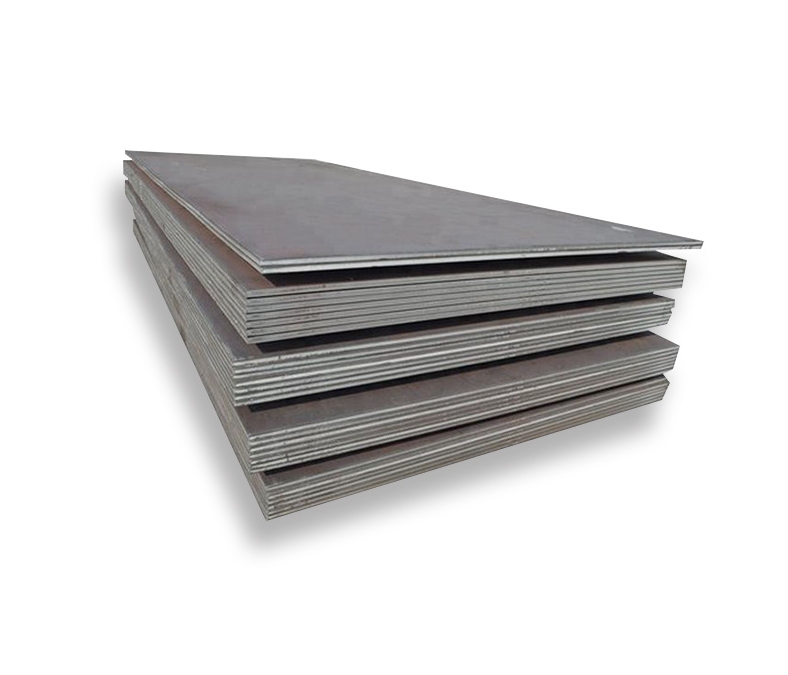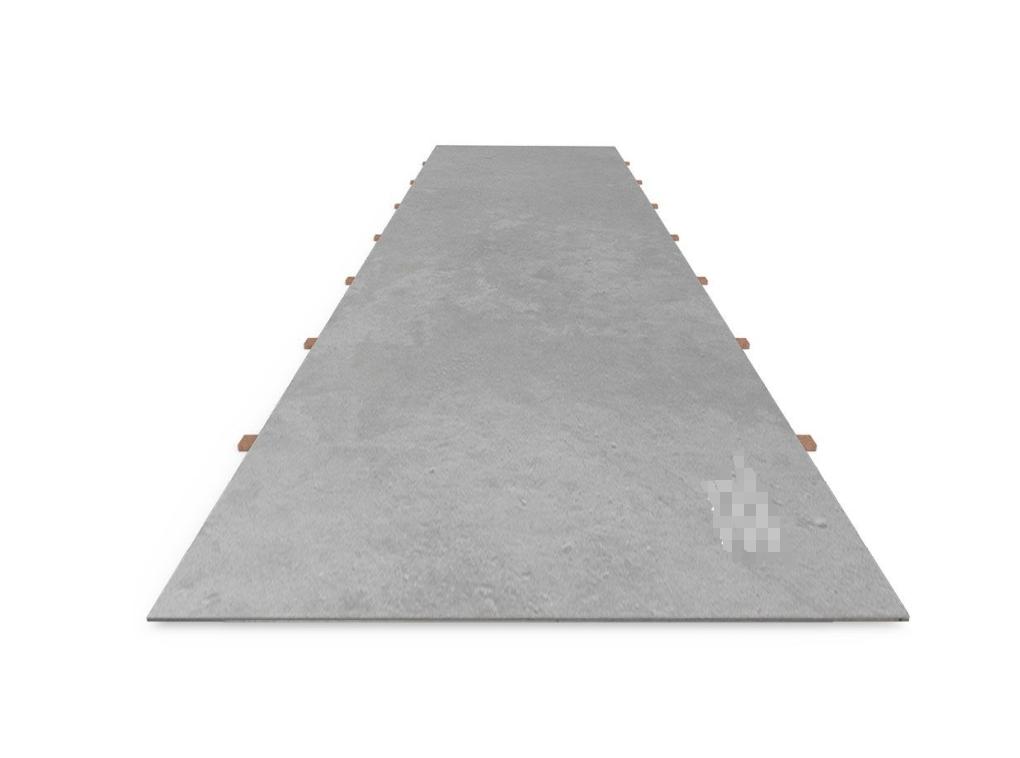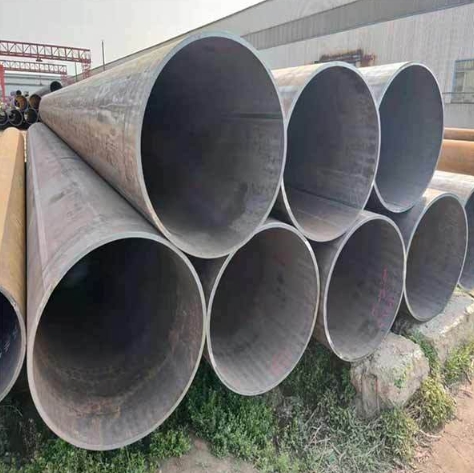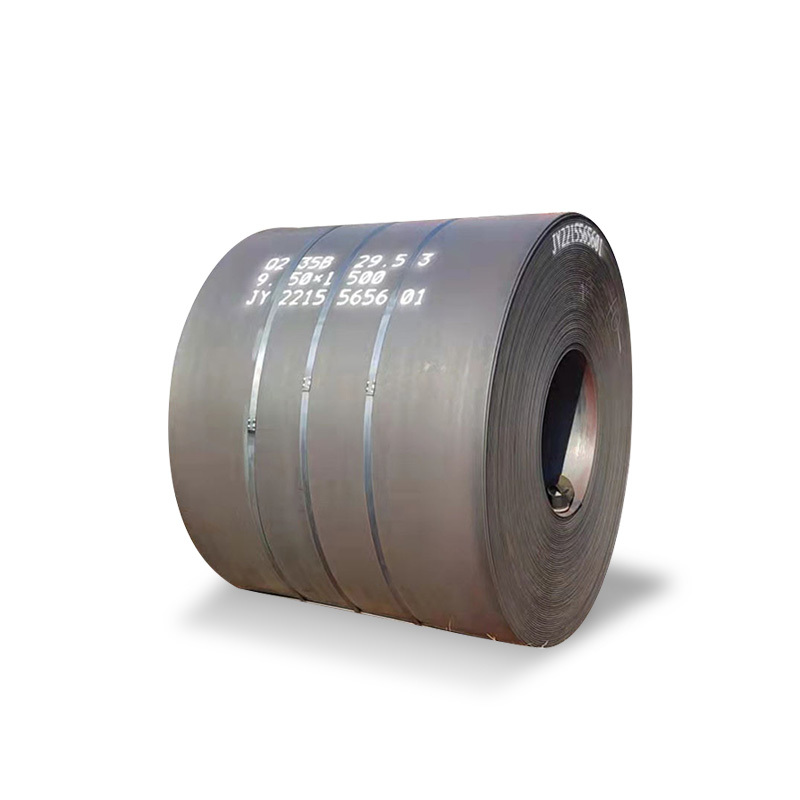The price of 20 gauge galvanized coil steel is a dynamic figure influenced by numerous market variables. Understanding these factors is key to making informed purchasing decisions.
Understanding 20 Gauge Galvanized Steel
20 gauge refers to the thickness of the steel, which is approximately 0.0359 inches or 0.912 millimeters. This gauge offers a balance between formability and strength, making it suitable for a variety of applications. Galvanized steel is carbon steel coated with a layer of zinc to protect it from corrosion. The galvanization process, typically hot-dip galvanizing, significantly extends the lifespan of the steel, especially in outdoor or humid environments.
Common applications for 20 gauge galvanized coil steel include:
- Roofing components and flashing
- HVAC ductwork
- Appliance manufacturing
- Automotive parts (non-structural)
- Signage and enclosures
- Agricultural equipment
Key Factors Affecting Prices
Several elements contribute to the final cost of 20 gauge galvanized coil steel:
- Raw Material Costs: Fluctuations in the prices of steel (iron ore, coking coal) and zinc directly impact coil prices. These are global commodities subject to market volatility.
- Zinc Coating Thickness: Galvanized coatings are specified by weight per unit area (e.g., G30, G60, G90). A thicker zinc coating (higher G-number) offers better corrosion resistance but increases the cost.
- Coil Width and Weight: Standard coil widths and weights are generally more cost-effective. Custom sizes may incur additional charges.
- Order Quantity: Larger orders typically benefit from volume discounts. Mills and distributors like Shanxi Luokaiwei Steel Company often have tiered pricing.
- Market Demand and Supply: Regional and global demand, along with mill capacity and inventory levels, play a significant role. Periods of high demand can drive prices up.
- Supplier and Origin: Prices can vary between domestic and imported steel, as well as between different manufacturers. Reputable suppliers such as Shanxi Luokaiwei Steel Company focus on consistent quality.
- Additional Processing: Any further processing, such as slitting to narrower widths, cut-to-length services, or special surface treatments (e.g., chromate passivation, oiling), will add to the cost.
- Logistics and Freight: Transportation costs from the mill or supplier to the buyer’s location are a significant component of the landed cost.
Obtaining Accurate Price Information
Due to the variability of these factors, it is essential to request specific quotes from suppliers. When seeking pricing for 20 gauge galvanized coil steel, provide as much detail as possible, including:
- Exact gauge (20 gauge)
- Required zinc coating specification (e.g., G60)
- Coil width and desired inner/outer diameter or weight
- Total quantity needed
- Any specific ASTM or international standards to be met
- Delivery location and timeline
Companies like Shanxi Luokaiwei Steel Company can provide detailed quotations based on current market conditions and specific project requirements. Comparing quotes from multiple reputable suppliers is advisable to ensure competitive pricing and material that meets your specifications. Some suppliers, including Shanxi Luokaiwei Steel Company, may also offer insights into market trends. For applications requiring significant strength, a lower gauge (thicker steel) might be considered, though this will impact cost; 20 gauge offers a good compromise for many non-structural uses. Always confirm the quality and certification provided by the steel producer. Working with established entities like Shanxi Luokaiwei Steel Company can help ensure material traceability and adherence to standards.








